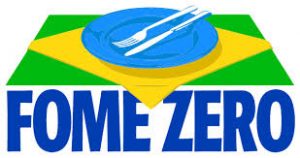The contemplative practice that we did regarding hunger was especially resonant for me because it allowed me to more closely consider what it meant for me to be hungry and juxtapose that with what hunger meant for others worldwide. I didn’t know what to expect from Silent Killer; I did, however, hope it wouldn’t too closely resemble a UNICEF commercial, and that it would provide some ideas about how to alleviate the hunger problem worldwide. I very much enjoyed the film and throughout it found myself thinking about the privilege associated with being able to eat three meals a day, and the privilege associated with knowing where the next meal is coming from.
I think that the contemplative practice gave me the space to more closely consider how I felt about the film, something I may not have done otherwise. I was able to be present, and notice how the film affected me in the moment. I got to think about the differences between genetically modified seeds made by corporations like Monsanto and compare them with the seeds scientists are working on and giving to poor farmers to help increase their yields and programs like Fome Zero, which is currently taking off in Brazil. During this contemplative practice, I thought about the way people profit off of the food insecurity of others, and how other people work to provide food to people because it is (or at least should be) a basic human right. I think the juxtaposition of these two motives stood out to me the most throughout the contemplative practice.


The contemplative practices in conjunction with the weekly takeaways have provided us with an opportunity to reflect on our mindfulness and become more mindful. I think that these exercises make this course unique in that they allow students to decide what they want out of the course.
